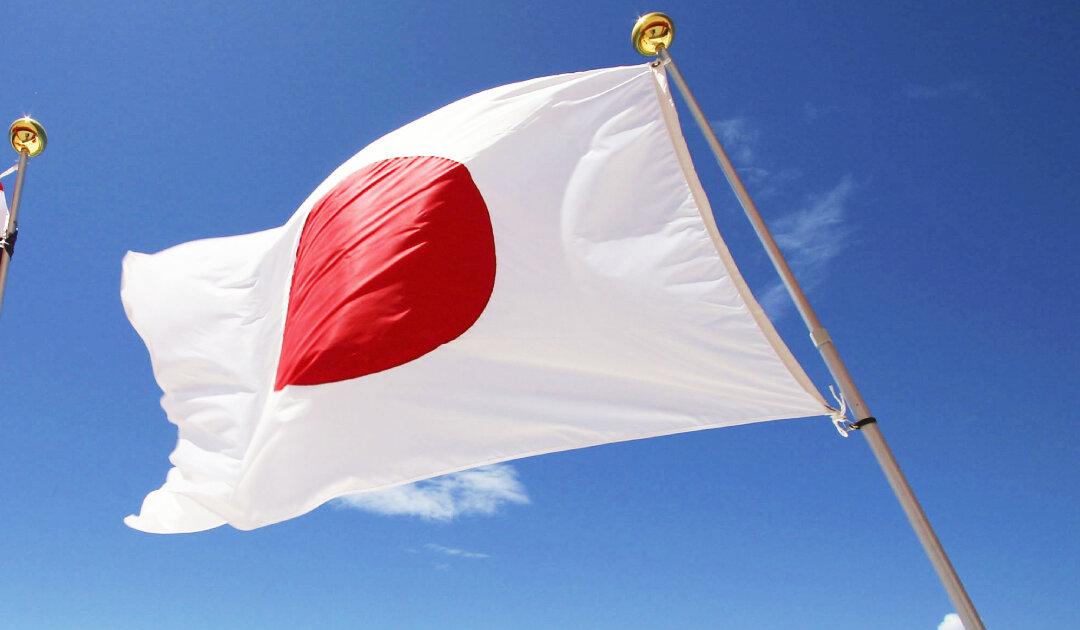The Japanese government has proposed raising the country’s legal age of consent for sex from 13 to 16 years old after the acquittal of multiple sexual offenders in 2019 sparked public outrage.
A panel of the Justice Ministry submitted the proposal on Friday, which clarifies eight acts that constitute the victim’s lack of consent, including intoxication, drug use, abuse of power, and psychological control.





